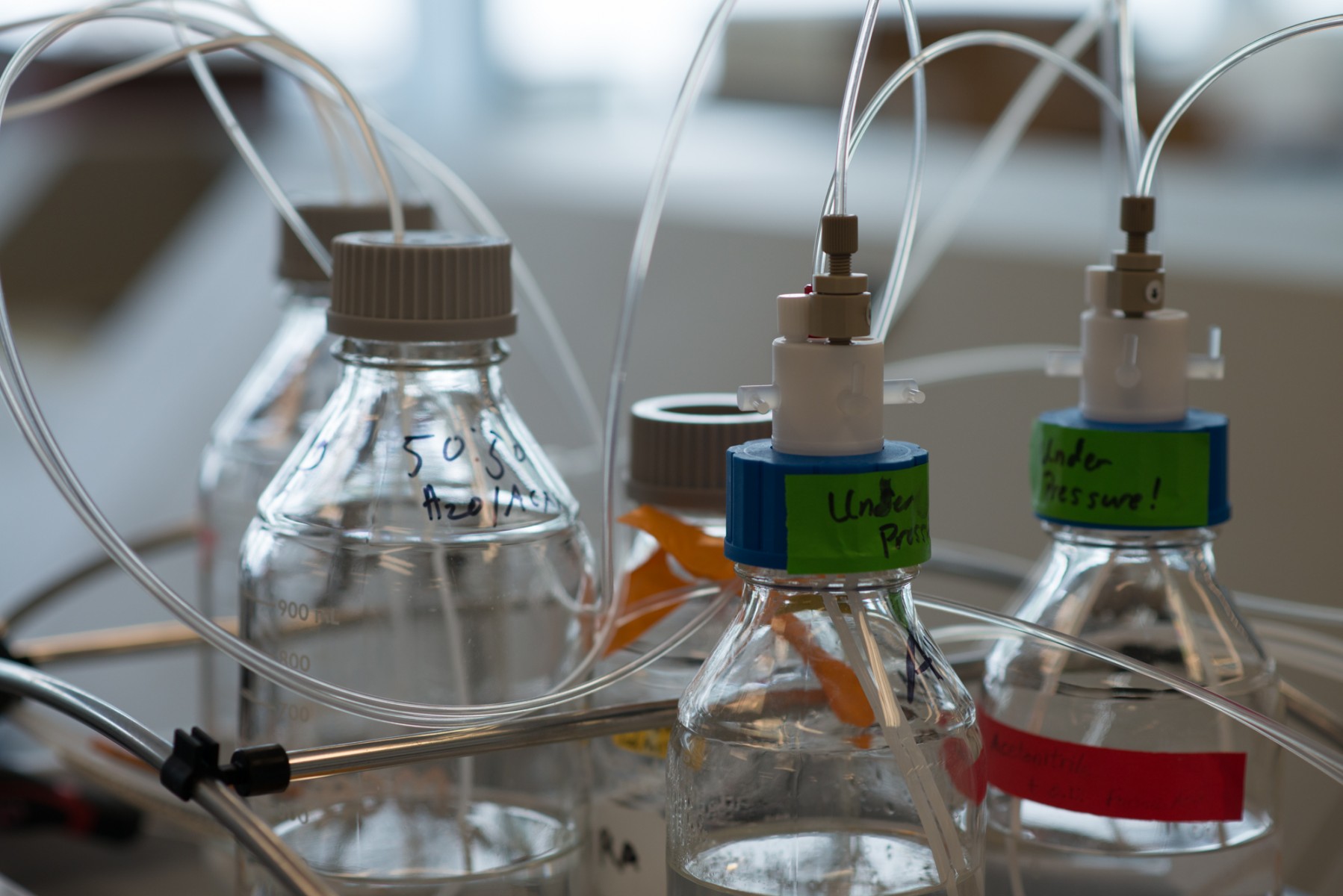Systems Biology 101: Understanding Proteomics
 isbscience.org/news/2015/05/18/systems-biology-101-understanding-proteomics/
isbscience.org/news/2015/05/18/systems-biology-101-understanding-proteomics/
If DNA is the blueprint for life, then proteins are the bricks. The genes in DNA are translated into proteins, strings of amino acids that fold into three-dimensional structures. The type and order of the amino acids in a protein will change its shape and determine its special function. Proteins are the molecules that make life happen: they are the powerplants that turn food into energy, the machines that make cells move, and even the computers that read DNA and make more proteins. The information to build every protein in an organism is contained in the DNA, but not every protein is produced at once or in the same amount. Think of a cell in your liver and a cell in your retina – both cells contain identical DNA, but very different subsets of proteins are being produced in order to give each cell its special function. Proteomics is the discipline of identifying and quantifying the proteins present in an organism. At ISB, we use state-of-the-art scientific instruments and cutting edge computational techniques to detect thousands of proteins at once, giving us a systems-level view of the molecular machinery of life.






